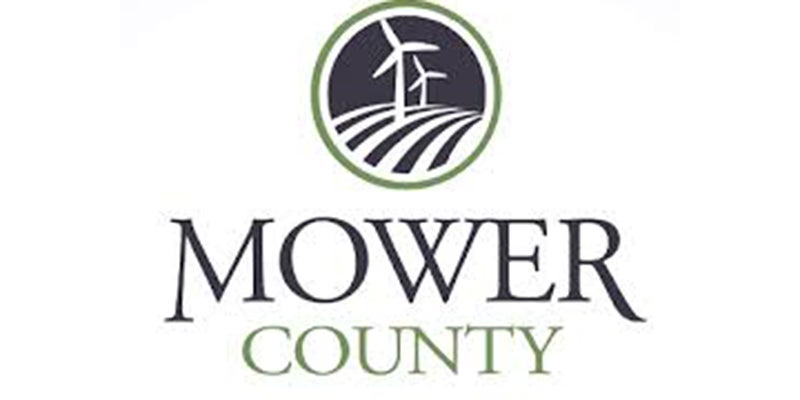Council OKs plan to ‘Grow Austin’
Published 10:39 am Wednesday, September 7, 2016
The Austin City Council is behind a plan to make Austin standout when it comes to attracting businesses and helping existing business grow.
In Monday’s work session, City Administrator Craig Clark and Development Corporation of Austin Executive Director John Garry outlined the Grow Austin Incentive Package, which the council unanimously approved.
The plan aims to “Make Austin a leader in economic development growth while focusing on adding quality paying jobs and tax base enhancement,” according a letter to the council.
“I’m in favor of it,” Council member Janet Anderson said. “I think it’s really innovative.”
The idea is to form an easily understandable program that rewards existing and new businesses for capital investment and for forming new quality jobs. Austin’s program will build on the state’s Job Creation Fund, Capital Investment Rebate and Job Training programs.
“The goal is to spur economic development,” Clark said.
Clark said they aimed to keep the incentives simple and easy to understand. The program aims to establish Austin as a leader in offering incentives and to form a base for a quick response when requests come forward.
“In the grand scheme of things, this is something that we’re proposing to use as something to stand out, to be distinctive, to look a little different from the next community that might be vying for the same opportunity,” Garry said.
Garry noted that most of these incentives would also be available to existing business in Austin.
“We want to make sure it’s the same set of rules for somebody’s that’s already here,” Garry said.
The DCA agreed to contributed $25,000 a year, and the city plans to ask Mower County to participate and split the remaining costs for a maximum funding of $350,000 annually on a first-come, first-serve basis.
Austin Utilities will also offer incentives for a jobs rebate tied to demand load.
The plan would only require the addition of only three jobs, versus 10 for state programs. But it would require wages be $16.35 versus the state’s $12.85.
The local incentives package could provide familiarity for business expansions that may be looking at other Minnesota communities, but enhancements could allow Austin to position itself above other communities’s offerings and give reasons to choose Austin.
The council was pleased with the program.
“This is a proactive way of approaching new business for Austin,” Council member David Hagen said.





